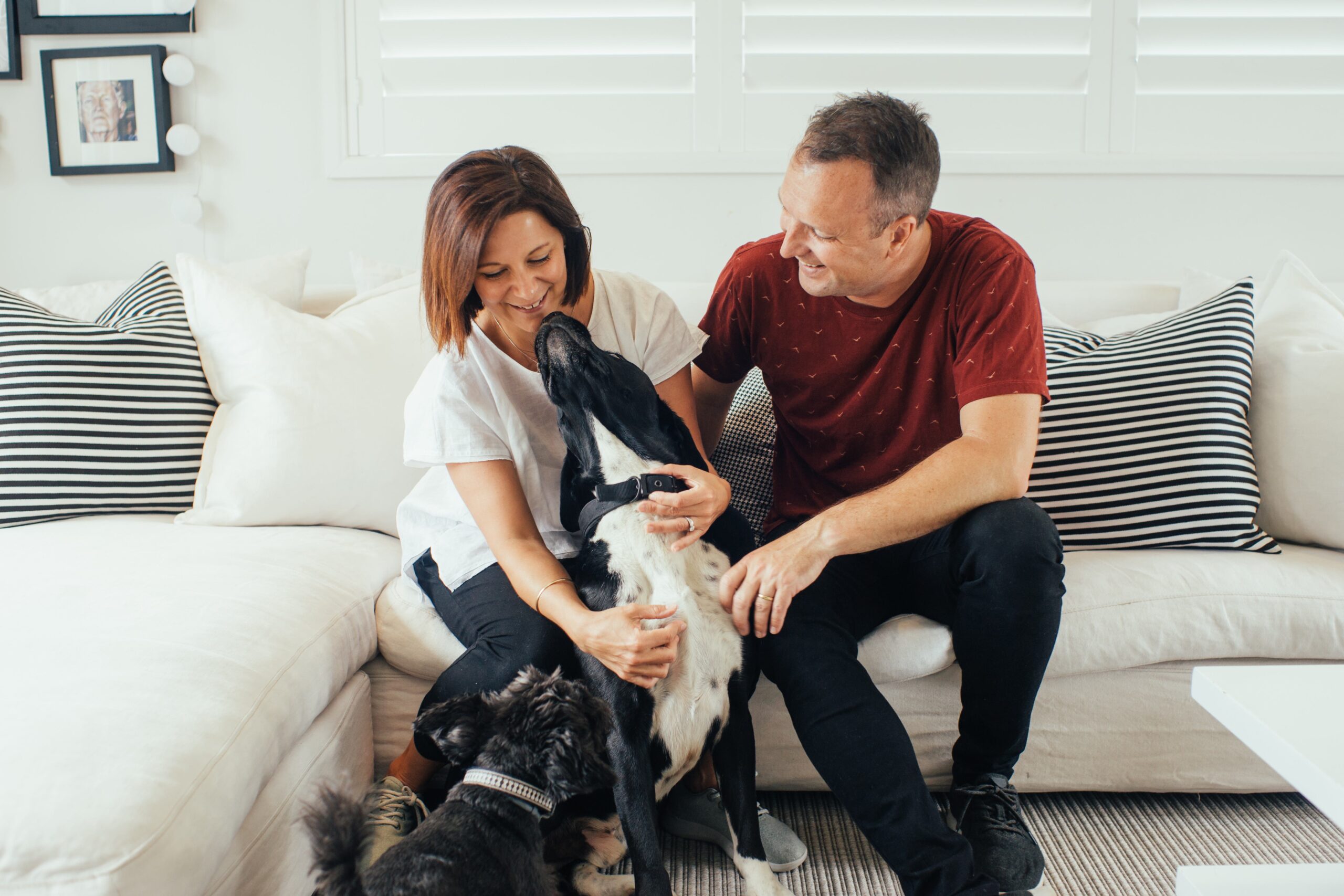Earlier this month, Bumble surveyed over 1,400 single Australians to find out their experiences with body shaming, and the results are dire:
– 45% of respondents said that someone they have dated has made an unsolicited comment about their body either in person or online
– 64% of respondents stated that people are more likely to make unsolicited comments about their body online
– 82% of respondents feel that they are more likely to feel physically judged while dating compared than other areas of life
In response, Bumble aims to ban body shaming, updating its terms and conditions to explicitly ban unsolicited and derogatory comments made about someone’s appearance, body shape, size or health. This includes language that can be deemed fat-phobic, ableist, racist, colourist, homophobic or transphobic.
The app uses automated safeguards to detect comments and images that go against its guidelines and terms and conditions, which can then be escalated to a human moderator to review. Bumble users can also report someone for body shaming within the app’s Block + Report tool.
The company is also updating guidelines for its content moderators to provide specific guidance around body shaming. People who use body shaming language in their profile or through the app’s chat function will receive a warning for their inappropriate behaviour and repeated incidents or particularly harmful comments will result in being banned from the platform.
“We have always been clear on our mission to create a kinder, more respectful, and equitable space on the internet, and our zero-tolerance policy for racist, harassing and hate-driven speech is an important part of that,” said Lucille McCart, Associate Director, APAC PR + Comms at Bumble. “We believe in being explicit when it comes to the kind of behavior that is not welcome on our platforms and we’ve made it clear that body shaming is not acceptable on Bumble.”
As part of this change, Bumble is also reviewing its photo moderation policy. In 2016, the company banned shirtless bathroom mirror selfies and swimsuit and bra photos taken indoors. The company is in the process of reviewing and updating its photo guidelines.
In 2017, the company partnered with the Anti-Defamation League to ban all forms of hate speech, hate symbols and harassment. This was followed by a ban on photos with guns for people who are not law enforcement or veterans after a number of U.S. shootings.
In 2019, Bumble introduced Private Detector, a feature that uses artificial intelligence (AI) to automatically detect and blur unsolicited nude images. The feature then alerts the recipient who can choose to view, delete, or report the image.
Being a women-first social networking app founded by CEO Whitney Wolfe Herd, Bumble believes in equitable relationships and how crucial they are to a healthy, happy life. They strive for kindness, respect and equality for their platform, which their users play an important part of.







